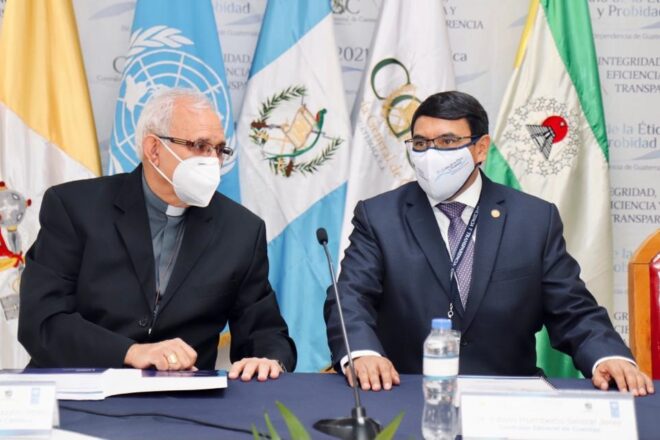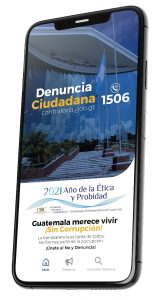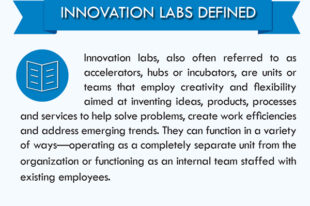SAI Guatemala Encourages Citizens to Contribute to a Culture of Transparency

SAI Guatemala Encourages Citizens to Report Misconduct through App
To promote a culture of ethics, probity, and transparency in public administration, the Supreme Audit Institution (SAI) of Guatemala recently released a mobile app, available for iOS and Android, which enables citizens themselves to participate in the evaluation of government programs that are intended to benefit them. Using this app, citizens can report alleged misconduct of entities that manage public funds and provide supporting documentation, photographs, and videos.
This application is part of an effort by the administration of Dr. Edwin Humberto Salazar Jerez, Comptroller General of Accounts, to provide citizens with different ways to report possible acts of corruption. Other methods for doing so include a telephone line, which guides complainants step by step through the reporting process; citizen complaint boxes, located in all of the Comptroller’s buildings, including the 21 Departmental Delegations around the country; and designated service windows at the SAI’s headquarters.

SAI Guatemala Launches Virtual Diploma for Citizen Ethics
SAI Guatemala, in coordination with the Diocese of Huehuetenango and United Nations Development Program (UNDP) of Guatemala, has launched a virtual diploma for “Citizen Ethics to Strengthen Social Audit Processes.”
The project aims to help members of civil society, development councils, local governments, churches, the private sector, and the media contribute to a culture of transparency, probity, and accountability by preventing and reporting irregularities in public spending. This pilot project will be replicated in other regions of the country.
Dr. Edwin Humberto Salazar Jerez states: “Citizen participation is essential to consolidate the rule of law, the democratic system, and the effective control of public resources. Huehuetenango will be the starting point of this effort to promote dialogue and accountability.”





